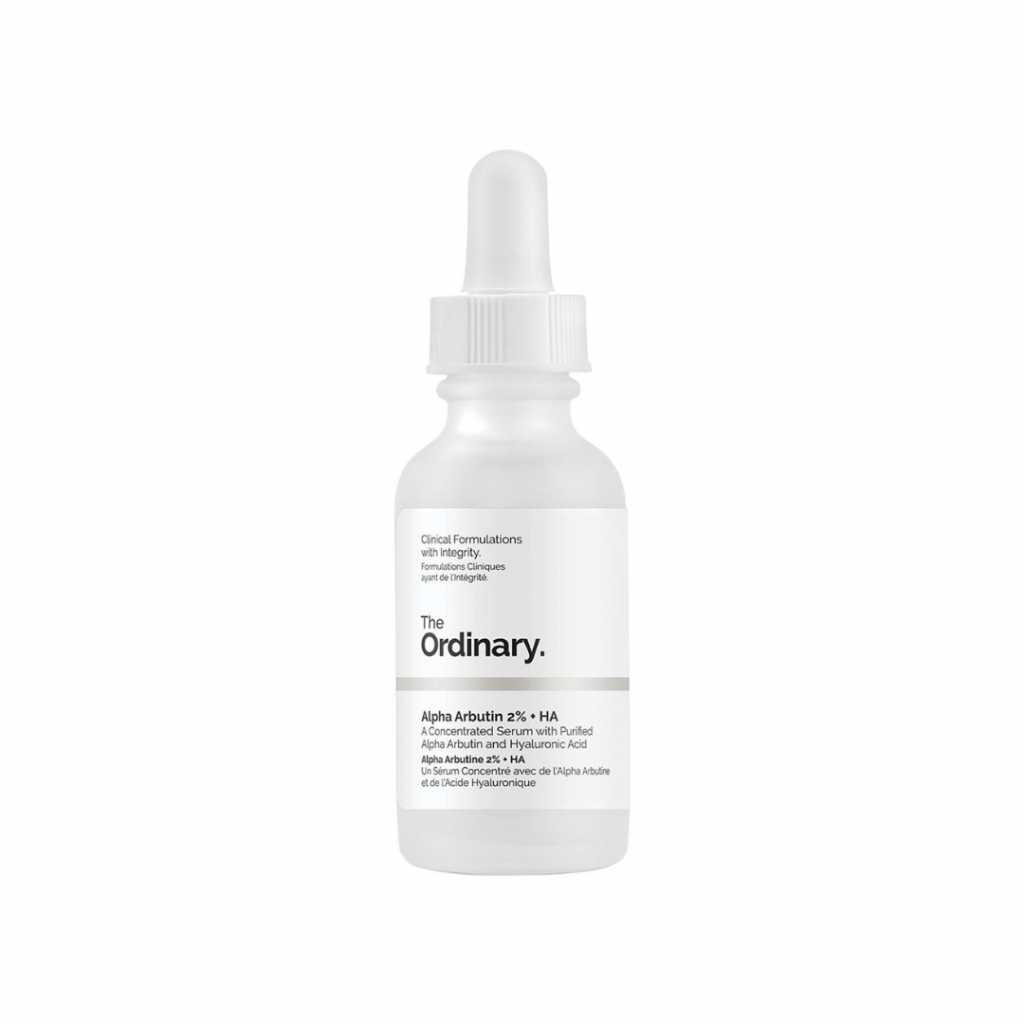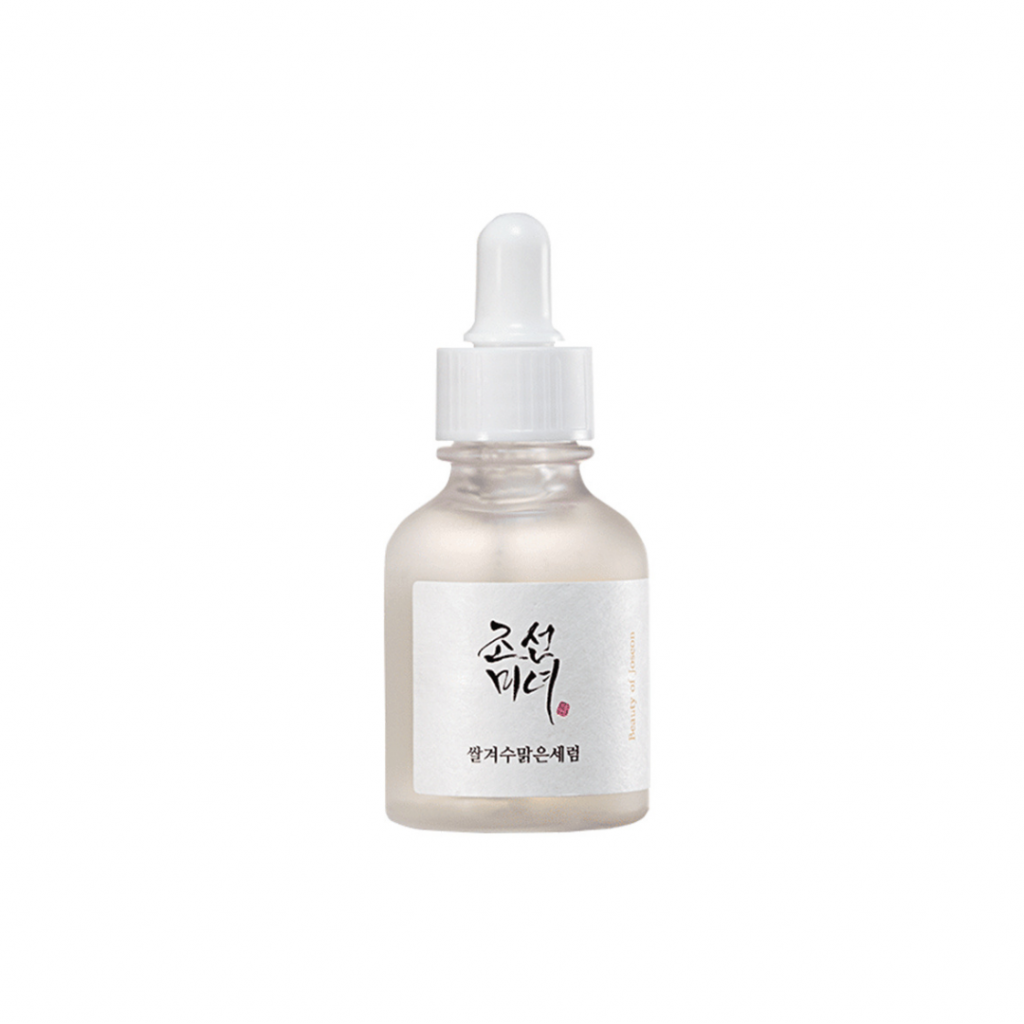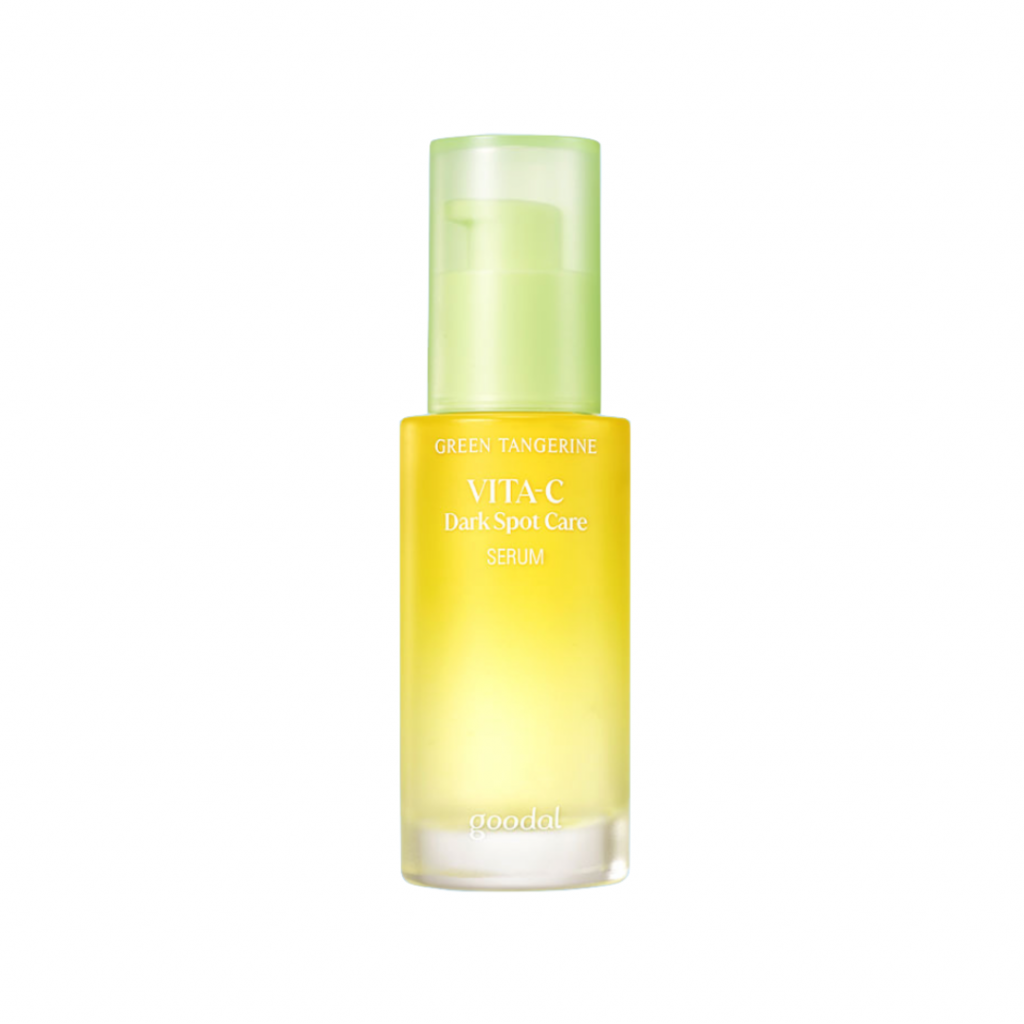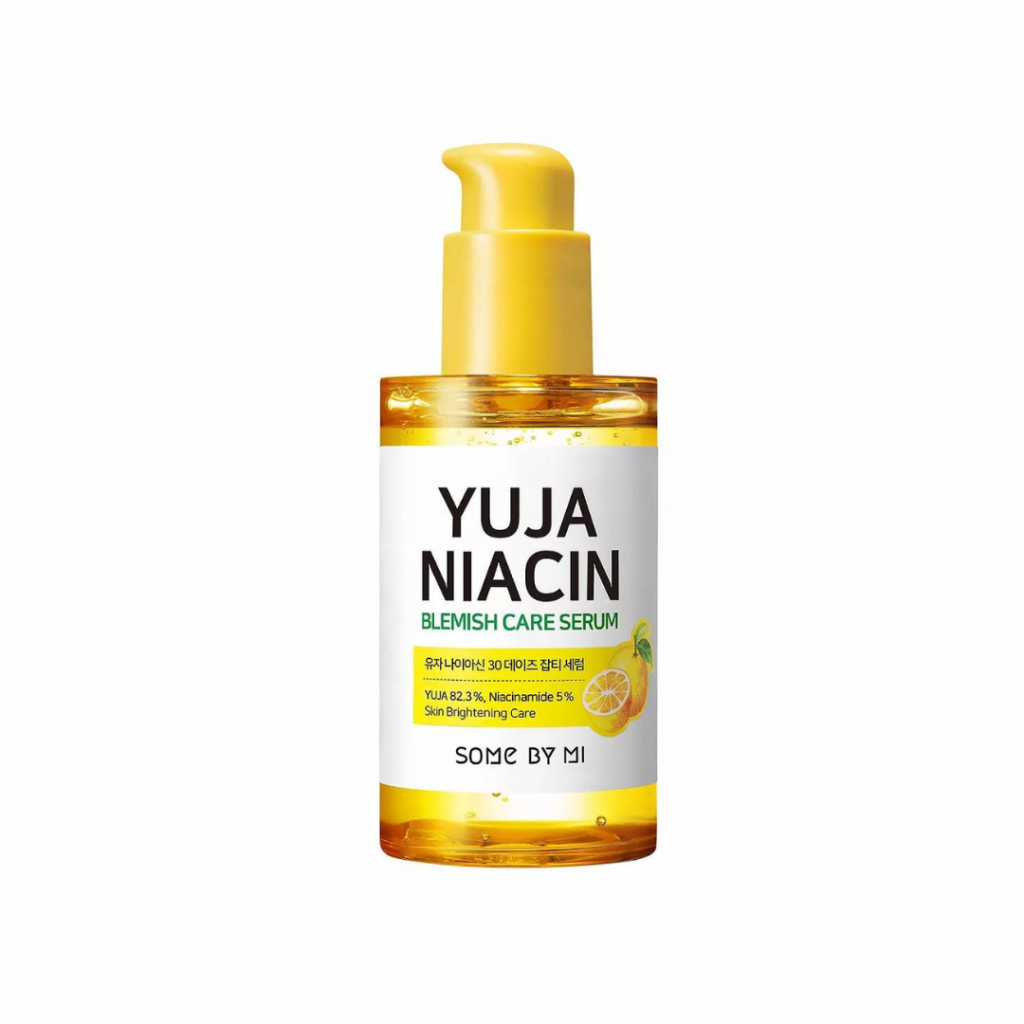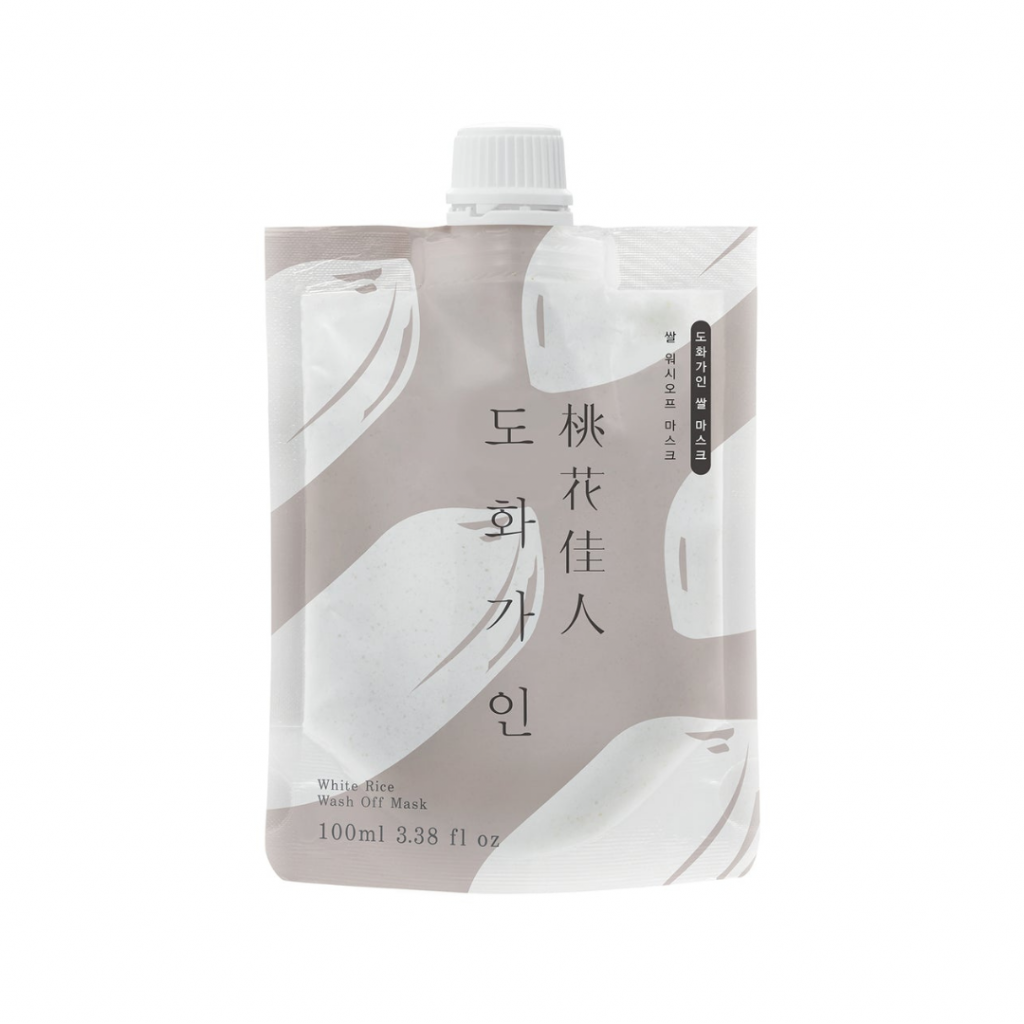밝게 빛나세요.
Shine bright.
I’m glad you’re interested in the differences between brightening and whitening in skincare, particularly in the context of South Korean cosmetics. As an enthusiast of Korean skincare, I’ve delved into this topic extensively. Beware of brands claiming whitening or brightening effects but listing different ingredients. Thus, let me shed some light on the distinctions between these two terms.
Firstly, it’s crucial to understand that brightening and whitening are not interchangeable, despite their similar objectives. Brightening skincare products primarily focus on reducing the appearance of pigment spots, such as sunspots or post-inflammatory hyperpigmentation. They work by minimizing the melanin concentration in those areas, leading to a more even skin tone and a radiant complexion. Essentially, brightening products tackle existing discoloration issues.
On the other hand, whitening products go a step further by targeting the melanin production process within the skin. They aim to inhibit the synthesis of melanin, the pigment responsible for skin color, thereby preventing its excessive production. The objective of whitening products is to gradually lighten the overall complexion, resulting in a fairer skin tone. Importantly, this whitening process does not involve any form of bleaching or altering the skin’s natural pigmentation.
| Brightening Ingredients | Whitening Ingredients |
|---|---|
| Vitamin C Niacinamide AHA Glutathione Rice | Arbutin Mulberry Extract |
In South Korea, where skincare is highly valued and often associated with the coveted „K-Beauty“ concept, both brightening and whitening products have gained immense popularity. Many Korean brands offer a wide range of skincare solutions, including serums, creams, and masks, specifically formulated to address these concerns.
It’s important to note that while brightening and whitening products can be effective in achieving a more even skin tone and reducing discoloration, they do not provide instant results. Consistency and patience are key when incorporating these products into your skincare routine. Regular usage over time can yield significant improvements, but it’s essential to remember that individual results may vary. Furthermore, it’s crucial to emphasize the importance of wearing sunscreen. Melanin, the pigment responsible for skin color, is naturally produced by the body as a protective response to sun exposure. However, when using products that address hyperpigmentation, the skin’s natural defense mechanism may be altered. To ensure comprehensive skin protection, incorporating a broad-spectrum sunscreen into your daily skincare routine is essential. Shield your skin from harmful UV rays and maintain its health and radiance by applying sunscreen diligently.
Finally, it’s important to recognize that while brightening and whitening products can be valuable in skincare routines, it’s equally essential to embrace and love yourself as you are. I can personally relate to the challenges of being bullied in school for having a pale or fair complexion. However, as time passed, I discovered that my natural skin tone is highly sought after in a different country. Skincare trends may vary across cultures and regions, but the most empowering message is to always embrace your unique features and flaws. True beauty lies in self-acceptance and confidence, regardless of societal norms or preferences. Remember that your skin tone, whether it’s fair or deep, is beautiful and worthy of admiration.
Product Recommendations
